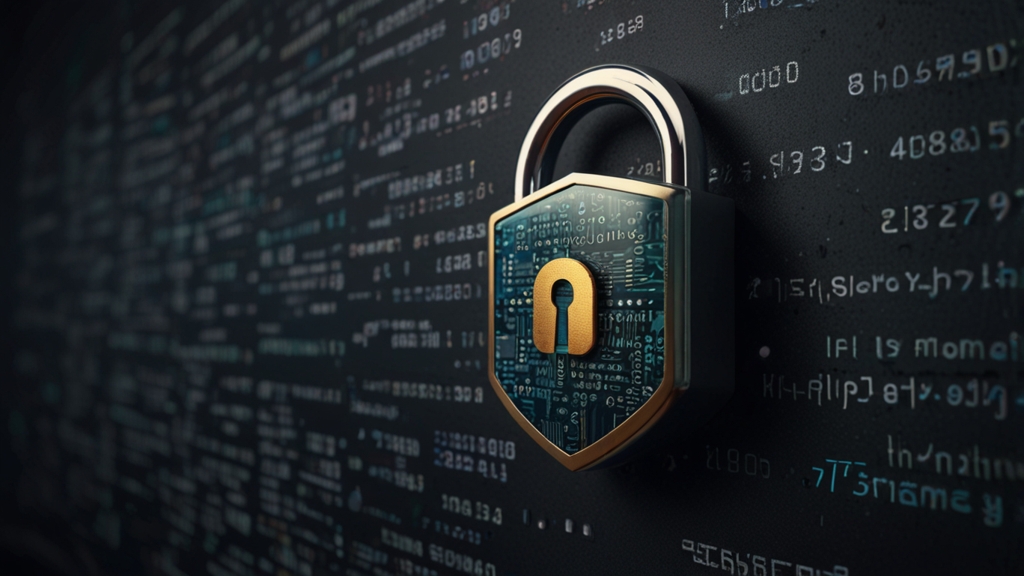Ethical Hacking: Your First Line of Defense
In an era where cyber threats are growing in complexity and frequency, the importance of robust cybersecurity measures cannot be overstated. One of the most effective strategies in this battle is ethical hacking. By understanding the weaknesses and vulnerabilities in your own systems before malicious hackers do, you can take proactive steps to bolster your defenses. In this article, we'll delve into what ethical hacking entails and why it is considered the first line of defense in modern cybersecurity.
What is Ethical Hacking?
Ethical hacking, also known as penetration testing or white-hat hacking, involves authorized and deliberate attempts to breach an organization's security systems. Ethical hackers utilize the same methods and tools that criminal hackers use to identify loopholes, weak points, and security flaws. However, their goal is to report these vulnerabilities and assist in rectifying them rather than exploiting them for malicious purposes.
It's important to note that ethical hacking is a legal activity, conducted with the organization's consent and in accordance with agreed-upon guidelines. Ethical hackers are often certified professionals who adhere to strict ethical standards and codes of conduct.
The Importance of Ethical Hacking
Why is ethical hacking so crucial? The answer lies in its proactive nature. Traditional cybersecurity measures like firewalls, antivirus software, and encryption focus on defense. Ethical hacking, on the other hand, involves actively seeking out vulnerabilities before they can be exploited by unauthorized individuals. Here are some key reasons why ethical hacking is indispensable:
1. Identifying Vulnerabilities
Despite the sophistication of modern security technologies, no system is entirely foolproof. Ethical hackers help identify vulnerabilities that may have been overlooked or underestimated. They provide a comprehensive analysis of potential entry points that malicious hackers could exploit.
2. Strengthening Defense Mechanisms
By identifying weaknesses, ethical hackers enable organizations to fortify their defenses. This could include patching software, updating security protocols, or even rethinking security strategies.
3. Ensuring Regulatory Compliance
Compliance with industry standards and regulations is critical. Ethical hacking helps verify that an organization's security measures meet the necessary criteria, thus avoiding hefty fines and legal issues.
4. Building Trust
Clients and stakeholders are more likely to trust an organization that takes its cybersecurity seriously. Ethical hacking demonstrates a commitment to safeguarding sensitive information, which is crucial for maintaining a positive reputation.
Real-World Applications of Ethical Hacking
Ethical hacking is not just theoretical but has practical applications across various domains. Here are a few examples:
In 2013, a team of ethical hackers discovered significant security flaws in a range of medical devices, demonstrating how they could be remotely controlled and manipulated. This led to urgent updates and increased scrutiny of medical device security.
Another notable instance involves Google's Vulnerability Reward Program, which incentivizes security researchers to find and report bugs. This approach has led to the discovery of countless vulnerabilities, significantly enhancing Google's security posture.
"By identifying and addressing vulnerabilities before they are exploited, ethical hacking offers a proactive approach to cybersecurity, providing an invaluable service to organizations aiming to protect their digital assets." — Cybersecurity Expert Jane Doe
Conclusion
Ethical hacking stands as a cornerstone of contemporary cybersecurity strategies, offering a proactive and practical approach to safeguarding vital digital assets. Organizations that invest in ethical hacking not only strengthen their defenses but also build trust and ensure compliance with regulatory requirements. As cyber threats continue to evolve, the role of ethical hackers will only become more critical, serving as the first line of defense in the ongoing battle for cybersecurity.







